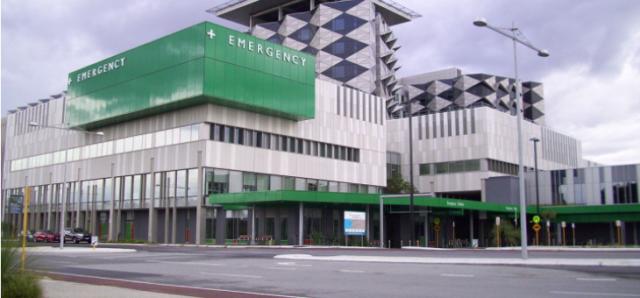Stroke patients admitted to hospital emergency departments around the country are set to be dosed with a breakthrough Australian-developed drug designed to reduce brain tissue death following stroke.
Currently there are no neuroprotective drugs on the market that are capable of protecting brain cells from dying following a stroke, meaning, if approved, ARG-007 could become a ‘world-first’ drug of global significance.
Patients at Fiona Stanley and Sir Charles Gairdner Hospitals will be among the first to trial the new drug.
Argenica Therapeutics Managing Director and neuroscientist Dr Liz Dallimore said the trial of ARG-007 is the culmination of more than a decade of Australian research work, and its outcome could prove life-changing for stroke patients across the globe.
“Because our drug is ‘neuroprotective’ essentially what we are trying to do is hibernate the brain cells and protect them from dying until patients can receive treatment to remove the clot,” Dr Dallimore said.
“What many people don’t realise is that as soon as a blood vessel is blocked in the brain, brain cells start to die almost immediately.
“Around 1.9 million brain cells are dying every minute that blood flow is stopped, and that’s why the time frame for receiving a potentially life-saving treatment is so critical.”

The Phase 2 ‘proof of concept’ clinical trial of ARG-007 is for patients with the most common type of stroke – an acute ischaemic stroke which make up around 85 percent of all strokes and are caused by a blocked blood vessel (clot) to part of the brain.
A total of 92 patients will be enrolled in the trial, which is due to begin in ten hospitals across Australia, including in Victoria, New South Wales, Queensland, Western Australia and South Australia.
“During our trial, we can administer ARG-007 once someone suspected of having an acute ischaemic stroke is diagnosed in the emergency department. We will then assess how well our drug is at protecting brain cells from further damage,” Dr Dallimore said.
It is hoped ARG-007 will eventually be administered by first responders.














